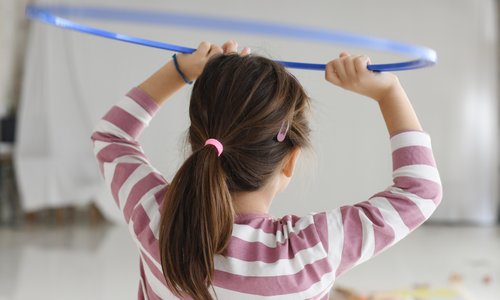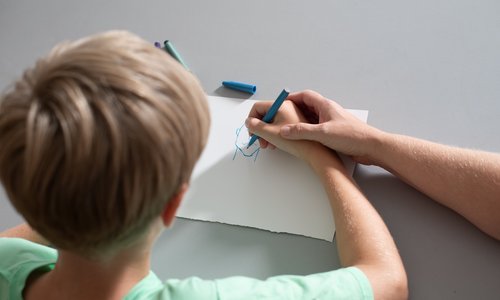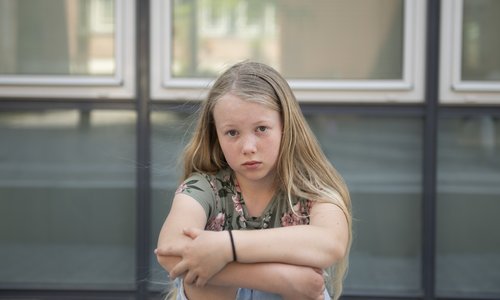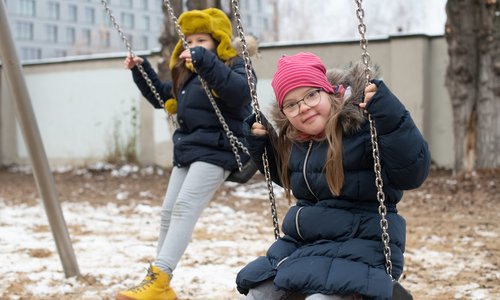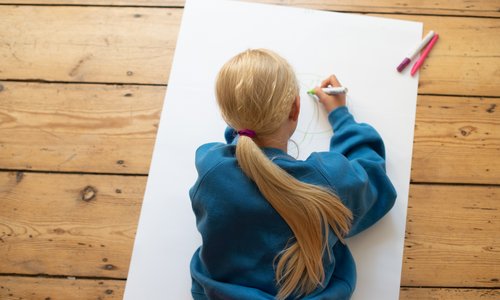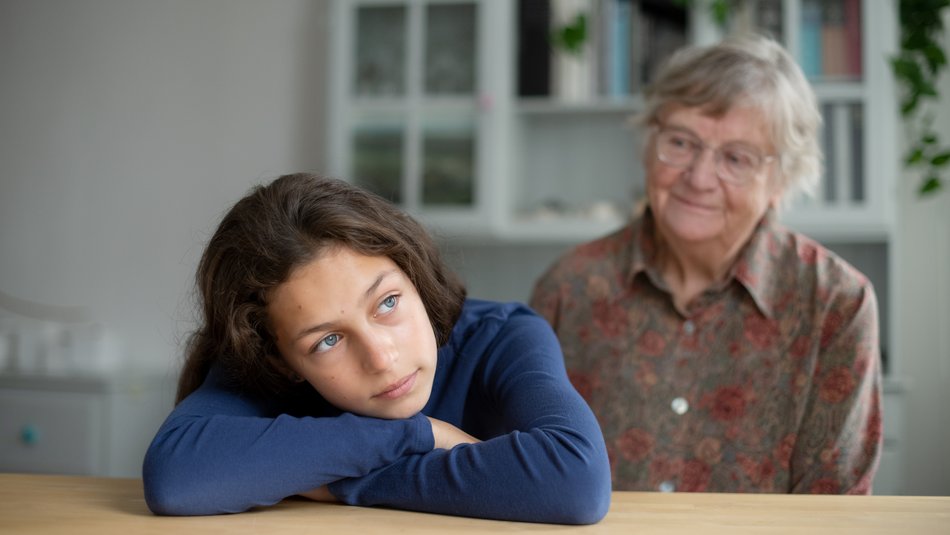
Sexual abuse can have different consequences for its survivors. Signals that children and adolescents send out or symptoms that could be traced back to them being abused are not always clearly recognisable. Children and adolescents therefore need an attentive environment that reacts sensitively to behavioural changes and problems and knows how to talk to children in suspected cases and point out where they can get help.
An attentive environment is important
The consequences of sexual abuse for those who are being abused will depend on how prolonged and severe the offences are, how great the attachment to or the dependence on the perpetrator is and how supportive the family and social environment will be when they react to it. The gender of the children or adolescents who suffer sexual abuse can also play a role in the processing of the crime. Children and adolescents who suffer sexual abuse often feel ashamed, soiled, speechless, guilty, frightened, confused and left alone.
Sexual abuse leads to changes in many children and adolescents that should be noticed by an attentive environment.
There are virtually no clear symptoms. Only rarely can physical injuries be seen in the genital or anal area that "clearly" and directly indicate that sexual abuse has occurred.
However, changes in behaviour (e.g. anxiety, aggression, performance decline, withdrawal tendencies, a lack of concentration or sexualised behaviour) and psychosomatic complaints (e.g. headaches or stomach aches, sleep disorders as well as skin diseases) can be signs. Some girls and boys self-injure themselves, lose weight or gain a lot of weight, whereas others consume alcohol or pills excessively, stay away from school or run away from home.
But none of these symptoms are specific to sexual abuse. They can also be caused through other stressful experiences. This is why it is always important to take these indications seriously. Children and adolescents who change noticeably need to be able to turn to caregivers who will ask unbiased questions and provide support.
Not every child nor every adolescent outwardly changes as a result of suffering sexual violence. Some will do everything to keep a low profile as they deeply fear the consequences of exposure for themselves and their personal environment.
Dauer:
Why many survivors remain silent.
Most perpetrators compel those who have suffered sexual abuse to maintain secrecy and many also threaten them with severe consequences if they reveal the secret. Many of those who have suffered sexual abuse also fear (unfortunately this is often justified) that they will not be believed.
Their own feelings of guilt, which are also fuelled by the perpetrators, make it difficult for girls and boys to confide in anyone. The fear of being rejected for what they have experienced or the feeling of shame also keeps many of those who have suffered from coming forward. It is extremely difficult for many children and adolescents who have suffered sexual abuse to take the first step and report their experiences for precisely these reasons as well as many others. They need someone to ask them if something is bothering them, and if so, what it is. It is also important to be able to deal with what you are told and to stay in contact even if the child or adolescent does not open up about it.
Dauer:


